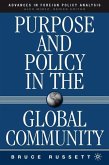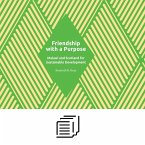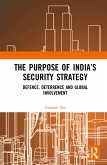This groundbreaking book aims to be the source on how to address international precedence. While precedence as a criterion plays a key role in all aspects of protocol, universal rules governing precedence do not exist. Several different methods exist instead as guidelines. Moreover, we can learn to alter these methods to adapt to cultural differences, circumstances, and the natural evolution of society as the judgment on specific topics shifts. We explore these issues that affect precedence and discuss what precedence effects "who goes where, seating, entering, and exiting venues and events, order of speeches, introductions, food service, toasting, photo opportunities, flag arrangements, etc." There is no other book addressing international precedence in this way, and it is a crucial criterion of protocol. This book is a how-to manual for quick and easy reference. The authors shared on-the-job personal experiences practically bring home the reality of situations, making this an engaging read. Precedence can be complicated when people from different nations, who do not necessarily view the world in the same way, are combined. We will examine some international organizations and seven countries: the French Republic, the Kingdom of Spain, the People's Republic of China, the Russian Federation, the United Arab Emirates, the United Kingdom, and the United States. Precedence was born of struggle and strife among rulers and their representatives to determine who precedes whom, sits where, speaks when, etc. That quest for order, predictability, and the preservation of civility provided the concept for this book.
Hinweis: Dieser Artikel kann nur an eine deutsche Lieferadresse ausgeliefert werden.
Hinweis: Dieser Artikel kann nur an eine deutsche Lieferadresse ausgeliefert werden.








